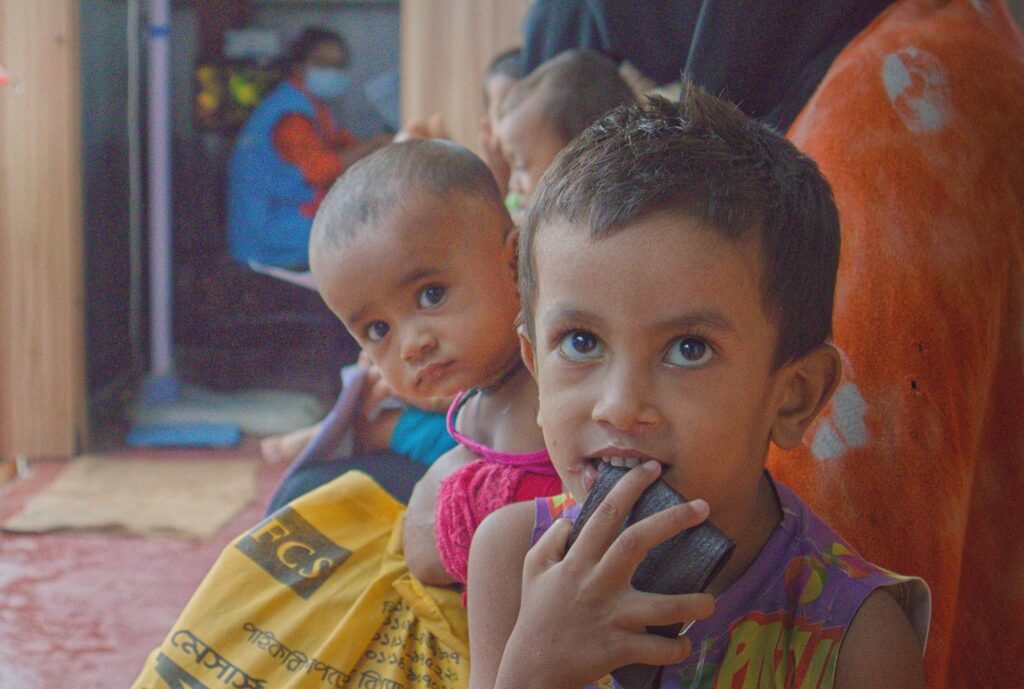Updates & Press
Reports | July 19, 2022
5 Years After The Genocide: Rohingya refugees’ n
Author | MedGlobalComms

5 years after the genocide that caused the flight of over 700,000 Rohingyas from Myanmar’s
Rakhine state to neighbouring Bangladesh, their situation is more dire than ever. The
appalling living conditions in the camps, lack of livelihood opportunities and access to basic
necessities has been exacerbated by the COVID-19 pandemic.
MedGlobal has been present in FDMN (Forcibly Displaced Myanmar Nationals) Camps and also
in the host community in Cox’s Bazar, Bangladesh since 2017, providing much needed healthcare
for Rohingya refugees. Our work has supported emergency relief, including COVID-19,
as well as free healthcare for Rohingya refugees and the host communities through a Health
Post in Camp 24 and MedGlobal Maternity & Birth Center in the underserved neighborhood of
Somitipara. We have also provided awareness raising and training for individuals and medical
professionals. Overall, we have been able to serve over 257,000 beneficiaries during 2021.
Health needs identified among Rohingya refugees include the continuous provision of
healthcare to all refugees, paying attention to the special needs of persons with disabilities
as well as pregnant women and babies. Due to the situation of the camps, emergency response
continues to be a pervasive need, particularly facing the ongoing COVID-19 pandemic
but also the outbreaks of communicable diseases, exacerbated by the climate vulnerabilities
of Cox’s Bazar to natural hazards, which requires implementing disaster risk reduction measures.
Lastly, promoting health and wellbeing among refugees but also host communities is
of utmost urgency to avoid mental health issues and problems between refugees and host
communities.
However, those key healthcare needs identified by the Joint Response Plan are not being
met. In fact, only 13% of the required funds have been provided until now. MedGlobal is calling
to INGOs, the UN and international donors to fully fund the Joint Response Plan, engage
with Myanmar authorities to put an end to violence against civilians, support Bangladesh
government efforts to support refugees and to plan a comprehensive and holistic response
that will address the healthcare needs of all Rohingya refugees and host communities.


